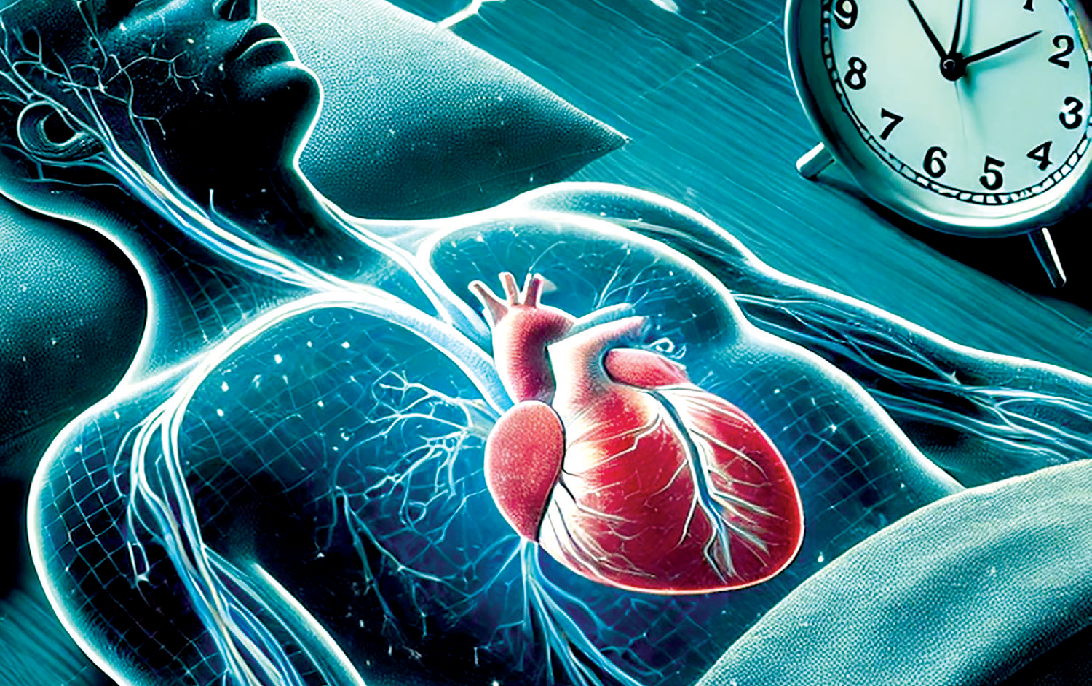
The importance of adult vaccines: Because of urbanisation, the adult population’s chances of contracting infectious diseases has also increased
Dr. Pruthu Narendra Dhekne
The goal of World Immunization Week, held from April 24 to 30, was to encourage the use of immunisations to protect people of all ages against disease. Every year, vaccination saves millions of lives and is largely regarded as one of the most successful and cost-effective health treatments in the world.
Vaccination is advised throughout one’s life to protect against infectious diseases and their complications and is critical for preventing mortality since infections account for more than a quarter of all fatalities. Vaccines for adults are suggested for a variety of reasons like lessen the health implications of vaccine-preventable diseases in adults.
In India, incomplete and inadequate immunisation against various infectious illnesses results in significant and avoidable hospitalization and treatment costs. The Indian government and the World Health Organization (WHO) have made childhood vaccination a priority, but adult immunisation is still a low priority, despite being the most unappreciated element of Indian health care.
Adults have been targeted for tetanus, hepatitis A, hepatitis B, measles, mumps, rubella, meningococcus, pneumococcus, typhoid, influenza, and chickenpox, among other infectious diseases. Nonetheless, communicable diseases cause a significant burden of morbidity, mortality, and disability in developing countries like India.
Although adults have a lower risk of infection, the global spread of HIV and the re-emergence of diseases such as malaria and tuberculosis have worsened already precarious healthcare circumstances. Because of urbanisation, globalisation, and other factors, the adult population’s chances of contracting infectious diseases have grown.
Get vaccinated to protect yourself and those around you
? Vaccine-preventable illnesses are still present. Viruses and bacteria that cause illness and death still exist and can be transmitted to those who have not been vaccinated. While many diseases are uncommon in general, worldwide travel makes disease transmission easy. If un-immunised, one leaves themselves vulnerable to infections like shingles, pneumococcal disease, flu, HPV, and hepatitis B, which are also prominent causes of cancer.
? Vaccines, along with eating nutritious foods, exercising, and seeing a doctor on a regular basis, are critical for remaining healthy. Vaccines are one of the most practical and safest methods of disease prevention and do not cause the diseases that they are supposed to prevent. Some of the immunizations are also live vaccines. However, in the immune-competent population, they rarely cause disease.
? Young and healthy people can also get terribly ill. Although vaccine-preventable diseases can strike anyone, serious infections and their effects are more common among new-borns and the elderly.
? Vaccinating your children as soon as they are born, usually during the first few weeks, helps to safeguard them, constructing a protective cocoon around the infant. Pregnant women (ideally between 27- and 36-weeks’ gestation) and adults in proximity with small children, who also have pertussis or whooping cough should get Tetanus toxoid and the flu vaccines.
? People suffering from asthma, heart disease, lung disease, diabetes, or another chronic condition may have weakened immune systems. The pneumococcal vaccine protects against serious infections caused by Streptococcus pneumonia, such as pneumonia, meningitis, and blood infections.
? If you are 6 months of age or older, the CDC advises that you get a flu vaccine every year unless you have a medical reason not to. Each year’s flu vaccine is designed to protect against the three or four influenza viruses most likely to circulate throughout the coming flu season.
In conclusion, India must address the issue of adult immunisation right away. Although many questions surrounding the efficacy, safety, and cost of introducing vaccinations for adults at the national level have yet to be answered, health planners and health care providers must be made aware of this critical topic.
The Ministry of Health and Family Welfare of India must develop adult immunisation policies and procedures, and there must be a concerted effort to include vaccines in the national immunisation schedule that can assist in reducing adults suffering from infectious diseases. Adult vaccination should be made a routine part of immunisation because these vaccines have the potential to save millions of lives in India alone.
(The author is Consultant, Infectious Diseases, Fortis Hospitals.)
 English daily published in Bengaluru & Doha
English daily published in Bengaluru & Doha






